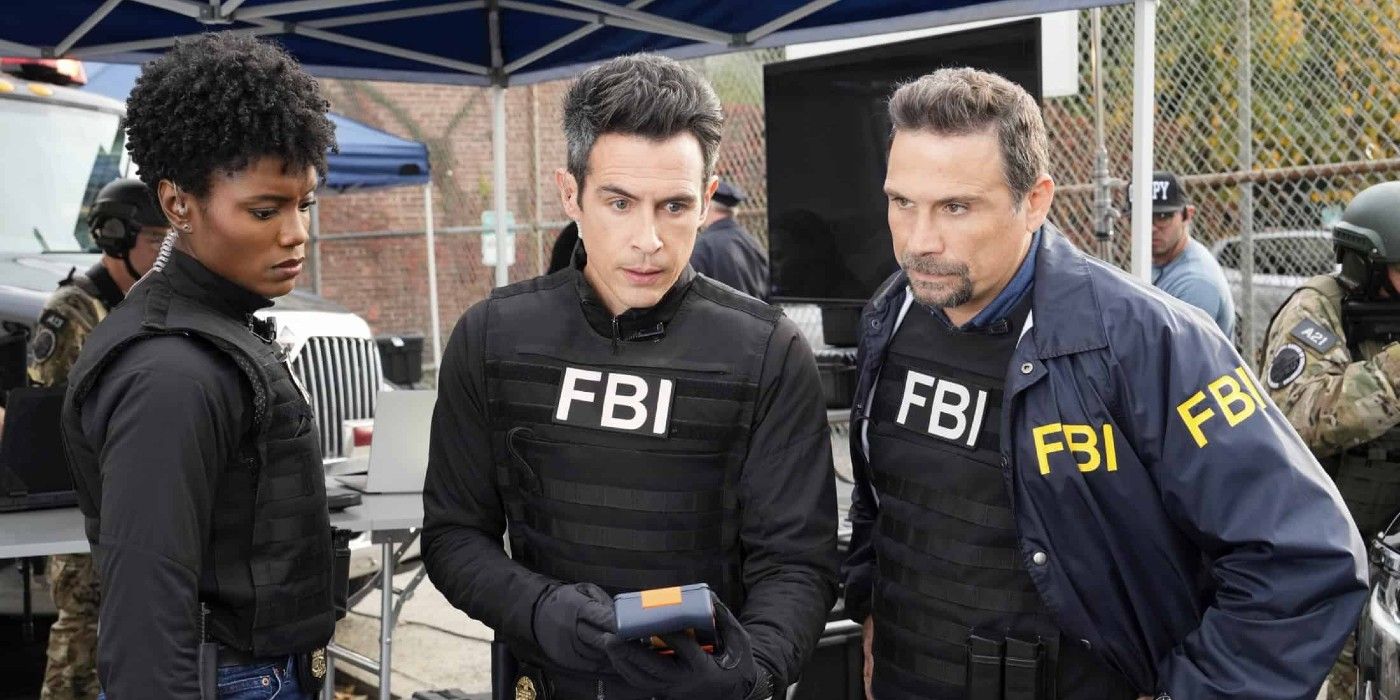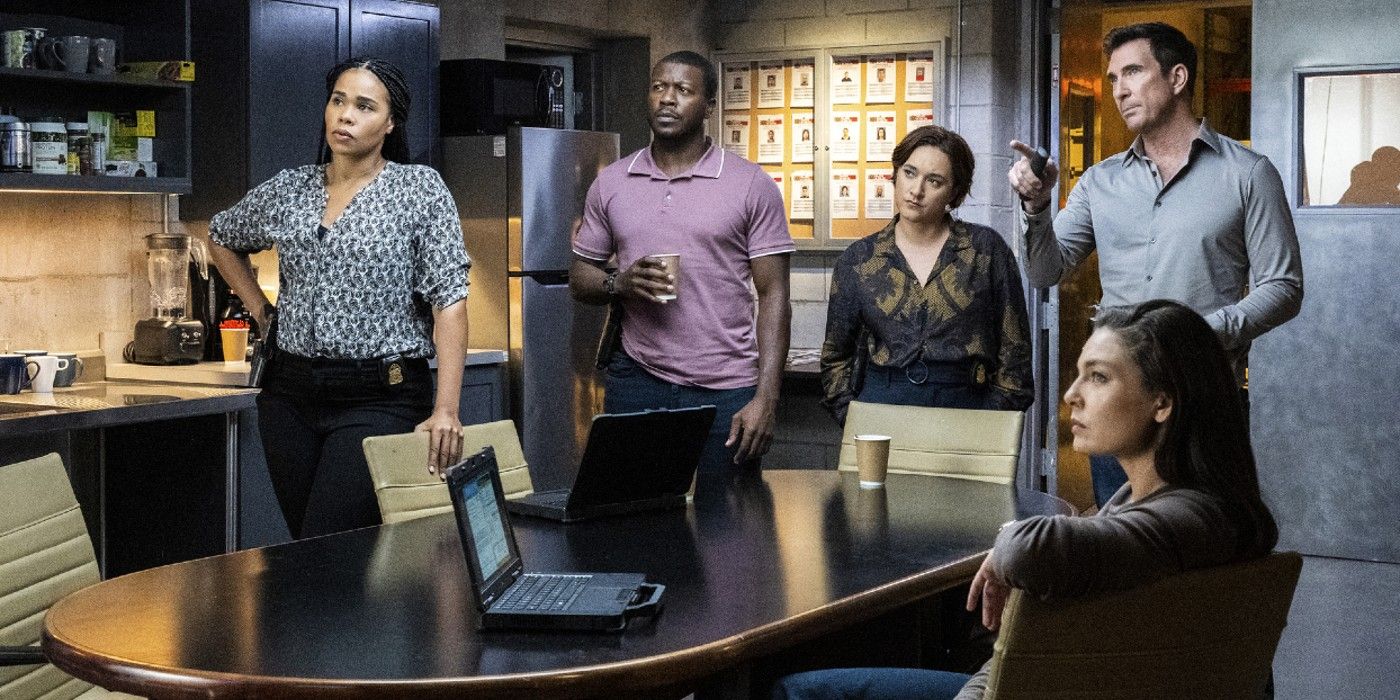
The CBS brand is built on its procedurals and crime dramas. The NCIS franchise continues to be one of TV’s top performers, with the original series being one of the longest-running shows in its genre while NCIS: Sydney is taking the concept international. Blue Bloods has been the cornerstone of the network’s Friday nights for over a decade. And there’s no bigger name in procedurals than Dick Wolf, whose FBI franchise has become a massive success.
It’s not hard to see why the three FBI shows have drawn such huge audiences. All of the series have excellent casts, and the writers have truly embraced the franchise mentality. There have been a number of crossovers that make the viewers feel like they’re watching an interconnected universe, and standalone episodes hook audiences in their own right. However, there’s one thing the franchise could do to be even better: keep audiences on the edge of their seat longer.
Investigative Procedurals Live and Die By Their Formula
Procedurals have used the same “case of the week” formula for decades, so it clearly works, particularly when looking at the ratings success that CBS has enjoyed with shows like the NCISes, the FBIs and the revived CSI: Vegas. However, that formula comes with a certain limit on the story being told. The climax normally comes in the final 10-15 minutes of the episode, when the killer is caught or the big plot twist is revealed — which can make the rest of the episode seem like a drag. Everyone is familiar with Wolf’s Law & Order format, where audiences know the police won’t make an arrest until close to the half-hour and then viewers wait for the courtroom verdict in the closing scenes.
Building to a climax is just the nature of writing. The writers have to make viewers invested for the drama to pay off at the end. Yet it’s important to have that dramatic tension be drawn out enough to find pay dirt. While that’s not always an easy process, two FBI episodes from this season showed how the franchise can successfully extend its stories. As FBI has passed its 100th episode and looks to the future, it can accomplish a lot more than the average procedural.
The FBI Franchise Has Successfully Extended Its Dramatic Tension
FBI Season 5, Episode 11, “Heroes” saw analyst Kelly Moran taken hostage in a bank robbery. Through his own heroics and the efforts of Jubal Valentine — who posed as a locksmith — everyone made it out alive. Then in FBI: Most Wanted Season 4, Episode 20, “These Walls,” there was a similar situation as rival gangs battled for control of a prison, with Remy Scott and his team caught in the middle. These were the two best episodes of the season, because rather than wait for the conclusion to create drama, they put main FBI characters in danger and kept them there.
Anything could have gone wrong at any point in both of these episodes. There was still some investigating, but instead of a drawn-out investigation with a short climax, the investigation prolonged the drama and kept viewers on the edge of their seats. Finding different ways to create and sustain tension is a clear way to keep the FBI brand’s success going — and continue to differentiate it from other investigative procedurals. Even on a network that has plenty of crime dramas, the FBI series can use their strong cast and clever writing to break the mold and tell stories that offer more than a satisfying ending.


